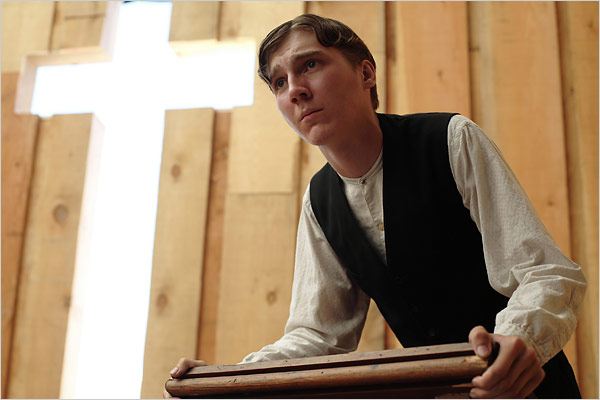
As any fan of cinema knows, acting is one of the key elements that makes the filmic medium distinct from other forms of art. Indeed, acting is very much a craft unto itself, requiring a substantial amount of dedication, judgement and adept interpretation of written material. Acting is certainly one of the most discussed elements in film, and we all know that performances can make or break films.
There is nothing better than a great acting performance. It is so sought after, because a great acting performance perfectly melds and harmonizes all of the main elements of film; exhibiting the skill and nuance of the screenplay, warranting and vindicating the specific choices in framing the shot, proving that the editor has managed to best showcase the ideas and feelings of the film, and shown that the director has done a good job in coordinating the film as a whole.
When films have a number of great performances, there is a tendency for us film goers to merely focus and aggrandize the most appealing one. In appreciation of the art and skill of acting, there need be greater recognition of the way in which performances are inherently interconnected with each other. This list attempts to highlight at least some great performances that may have not got as much attention as they deserved.
1. All About Eve (1950)
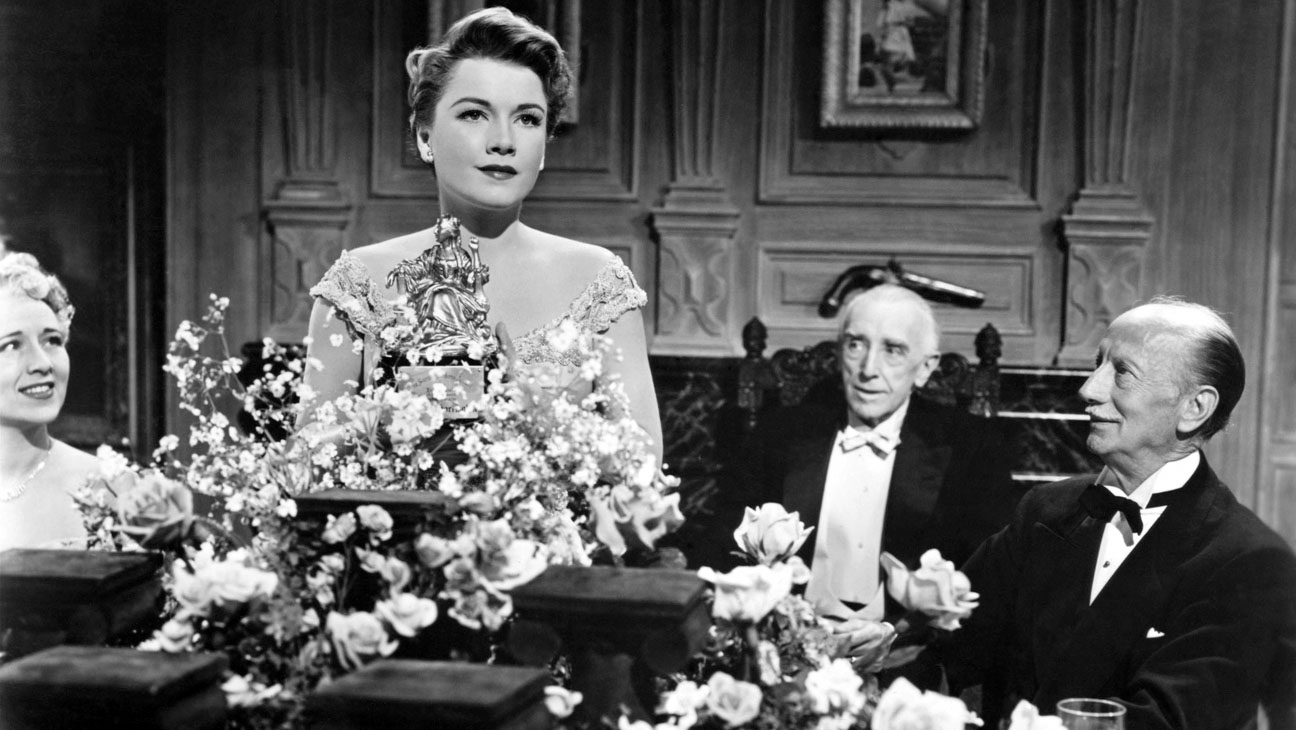
Performance that gets tremendous recognition: Bette Davis’s Margo Channing
Performance that is nonetheless great: Anne Baxter’s Eve Harrington
All About Eve is a film that still applies to contemporary society; women are still, to a tangible degree, treated either as fragile treasures, or as worn-out, aged refuse. This is an unjust and unfortunate set of circumstances.
Davis’s Margo Channing embodies such feminine insecurity; constantly concerning herself over her age, and her dwindling looks, insofar as she often questions her partner’s (Gary Merill) commitment to her. Davis ensures that this is not an insipid performance, as she addscomplexity to her character by exuding a confident, guarded exterior.
Margo’s façade enunciates many of the great lines the film has to offer (“Fasten your seatbelts, it’s going to be a bumpy night!”). Davis manages to balance the deep seated anxieties of an aging star with the coarse, candid exterior she exhibits to the world.
Baxter’s Eve Harrington is more so plagued by a self-preservationist duality. For much of the film, Eve appears to be the ideal young woman; beautiful, helpful and ambitious. Even in her journey towards stardom, there are cracks in her perfectly constructed façade. Baxter’s nuanced performance, such as when she attempts to seduce Bill, Margo’s partner, ensures that we can see her deception for what it is throughout the entirety of the film- sheer megalomania.
Margo is the victim of an unjust, appearance-based, sexist theatrical industry; Eve is a raging perpetrator of its values. In the film’s most powerful scene, Addison DeWitt (George Saunders), an equally if not more repulsive character, exposes Eve for what she is.
This is Baxter’s greatest moment in the film, as she is able to let her emotions run wild, and thereby indicate Eve’s internal downfall. Eve is rendered a hopeless, manipulated character, and we see her inherent failings by way of Baxter’s powerful interpretation of Joseph L. Mankiewicz’s fantastic screenplay.
Both Davis and Baxter were nominated for best actress, but there is common consensus that David was the superior of the two. Regardless, Baxter’s performance need be remembered by us all.
2. Badlands (1973)
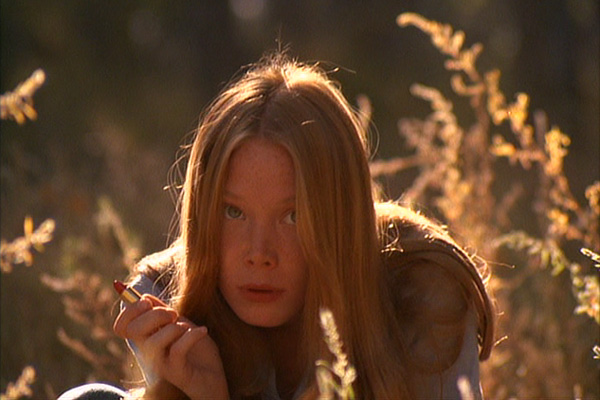
Performance that gets tremendous recognition: Martin Sheen’s Kit
Performance that is nonetheless great: Sissy Spacek’s Holly Terrence
Malick’s Badlands is a Southern classic in the same vein as Bonnie and Clyde (1967). The film has received a lot of its plaudits due to the chemistry and interaction between Sheen’s deluded Kit, and Spacek’s innocent, infatuated Holly. A disproportionate amount of praise is directed towards Martin Sheen’s performance. Admittedly, Sheen’s character forms the backbone of the film, but Spacek’s Holly is responsible for apportioning the film much of its considerable power.
Holly provides the voiceovers that run over the action of the film; thereby giving us her perspective on the events that transpire. Through this point of identification, we are sucked into the allure and false grandeur of Sheen’s Kit, falling into a conflicted state of mind over his charm and his homicidal tendencies.
Without Holly, we would rather view Kit as a force of unadulterated evil. However, with the addition of Spacek, there is an added quality of equivocation; insofar as the film is rendered morally murky. Spacek’s effective facial expressions that depict her absorption in the romantic qualities that Kit undoubtedly possesses, acts as a source of the power that propels the film forward.
3. Mean Streets (1973)
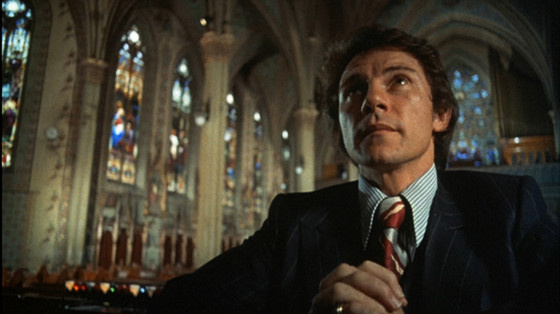
Performance that gets tremendous recognition: Robert De Niro’s Johnny Boy
Performance that is nonetheless great: Harvey Keitel’s Charlie
Mean Streets was Scorsese’s, De Niro’s, and Keitel’s first entrance into mainstream cinema. In this respect, Mean Streets was a united and towering achievement for them all.
In terms of performance, De Niro’s Johnny Boy is most acknowledged by film goers. Johnny Boy is by no means the protagonist of the film, but De Niro’s sly charm has earned him a place in our memory. Similarly, it bolstered De Niro’s career, leading him to further collaborations with Scorsese and other directors such as Bertolucci and Coppola. Albeit Keitel has had a distinguished career, it has not met the heights of De Niro’s achievements, which began with Mean Streets.
Charlie is purposely a less volatile, less violent character than Johnny Boy. Many have predicted that Charlie bears some resemblance to Scorsese himself whilst he was living in Little Italy. While the film does depict the volatility of low-level mafia life, the main tension in the film is derived from Charlie’s conflict between his devotion to religious principles and his responsibility to his criminally-inclined friends, of which Johnny is most in need.
Keitel takes us through the “mean streets” of New York’s Little Italy (literally by way of Scorsese’s tracking shots) with his own brand of conviction and sensitively to the situation in which he inhabits. Keitel is in some scenes commanding, ordering his friends to observe the letter of the law, and in others, counselling the wayward Johnny Boy. This is an anchoring performance of the highest kind, and Keitel ensures that his character is imbued with a sense of paternity and also of criminality.
4. Dog Day Afternoon (1975)
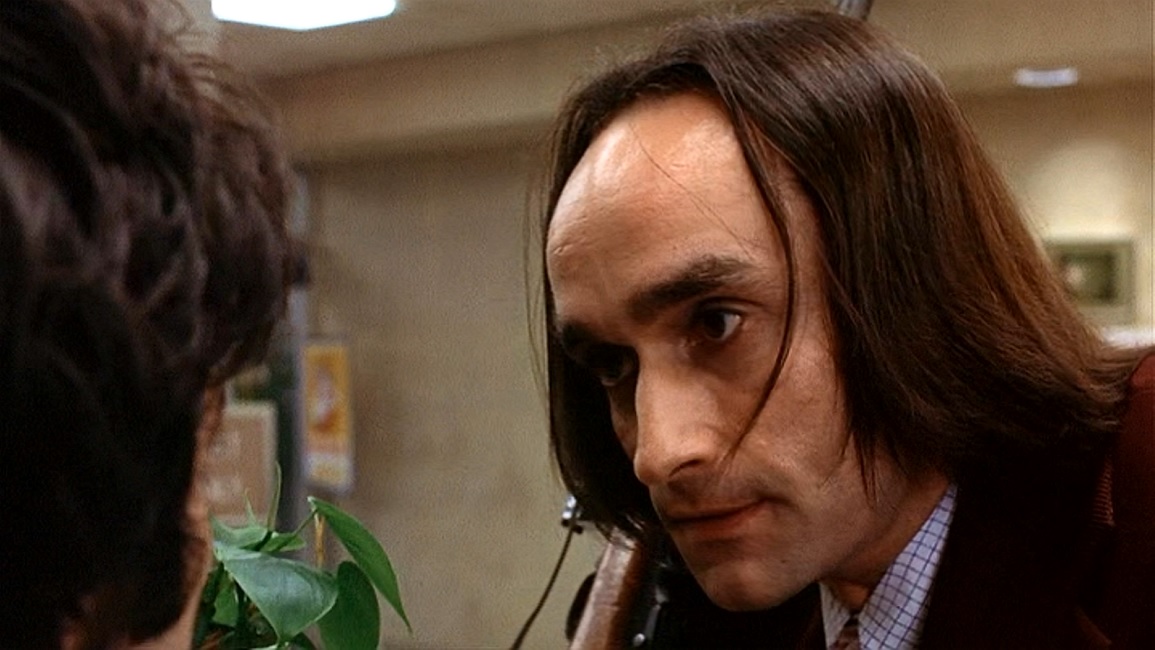
Performance that gets tremendous recognition: Al Pacino’s Sonny
Performance that is nonetheless great: John Cazale’s Sal
Dog Day Afternoon is arguably Sidney Lumet’s magnum opus, as it depicts a couple of oddball burglars attempting, and failing, to rob a New York bank. Al Pacino’s Sonny is the anti-hero of this picture, providing the narrative drive of the film requires. However, John Cazale also delivers the performance of his career as Sal, Sonny’s partner in crime. One might state that Sal is merely an accessory to the film, but as such an accessory, he is essential to embellishing and compounding the merit of this film.
Sal is clearly in the pocket of Sonny, and he merely reinforces the confused, dissociated vibe that Pacino’s Sonny emanates. Perhaps this sentiment is best captured in Sal’s assertion that Wyoming is its own country (which Cazale himself ingeniously improvised).
Cazale is always beside Pacino’s Sonny, but he scarcely has lines to deliver. In this respect, it requires a lot of acting skill for Cazale to stand there with purpose, and with character oozing out of his very presence. If Sal was in the lap of another less competent actor, he would feel extraneous to the film’s needs. In Cazale’s hands, he is very much an integral part of the events of the film.
5. Network (1976)

Performance that gets tremendous recognition: Peter Finch’s Howard Beale
Performance that is nonetheless great: Faye Dunaway’s Diana Christensen
It feels strange to assert that an Oscar-winning performance was overwhelmed. However, this is a reasonable claim in the performance-happy Network. Finch’s Beale does not have every scene to himself, but every scene in which he features is engrossing to the fullest. He enables the narrative development of the film to take place, and more important, represents the values (or lack thereof) the film attempts to communicate to us. Contemporary television media knows no end but capitalist gain.
Although Finch provides the most memorable performance in the film, Dunaway’s Christensen embodies the modern media producer. There would be no Beale without the amoral, success-driven producer.
Particularly in her dealings with besotted Max (William Holden), Dunaway showcases her unparalleled acting skill. We laugh at her total preoccupation with ratings and television success, at the expense of Max’s earnest attempts to make a life with Diana. Only an actress of Dunaway’s caliber could pull off Christensen’s alienation from humanity, and her converse absorption in television success and exploitation.